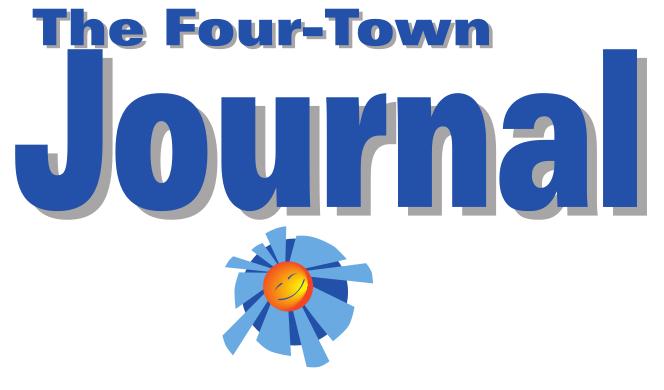Recently Canada’s Medical advisor told the public that we could use protective masks to help slow down the spread of this COVID-19 outbreak.
These masks are very important for minimizing the spreading of the germs that will be expelled from the mouth. The support follows previous suggestions that masks could further the spread, as improper usage can cause more face touching than usual.
There are three main types of masks that can be worn in this situation:
- The N95 respirator which is specifically for medical staff dealing with an airborne virus.
- Surgical masks which are commonly worn during surgical procedures and in operating rooms or emergency rooms, or by medical staff on a regular basis when putting on their personal protective equipment.
- Homemade cloth face masks. There are a variety of types available made of different materials.
Dr. Theresa Tam, Canada’s Chief Public Health Officer, recommends that you wear a mask in public settings, especially in areas of significant community-based transmission such as grocery stores or pharmacies.
Also, it is recommended that you do not put masks on children under the age of two or people who have difficulty breathing, as this may cause some further problems with their breathing.
Saskatchewan is on the right track and the potential to re-open our economy could be in sight. According to Premier Scott Moe, the Reopen Saskatchewan plan depends on continued low case counts and ramped up testing. He mentioned, “it means that we can start to think about what the process of reopening Saskatchewan will look like…there is no magic switch that we can flip that sends everything back to normal overnight.”
When the economy does open back up, it will be helpful to wear these masks in settings where social distancing is difficult to maintain.
It also suggested we use cloth face masks rather than surgical masks or the N95 respirators; these are more designed for medical staff and there are shortages.
Remember, a face mask is only one part of the personal protective equipment that medical staff use.
Medical staff on a routine basis will apply personal protective equipment; they will have a face mask, either glasses or face shields and latex gloves. Medical staff may also put on a gown if the situation calls for it.
Some of the benefits to a homemade face mask include: the materials being readily available, they may lower the risk of people without symptoms transmitting the virus through speaking, coughing or sneezing and they offer some protection which is better than nothing; especially when social distancing is hard to maintain.
Let’s keep in mind, masks of any sort minimize the risk, they do not remove it completely. We must maintain our social distancing and not touch our faces to adjust these masks if we are going to successfully slow the spread of this virus.
Let’s see who can make the best homemade fabric mask!
By Gary Horseman
(Local Journalism Initiative Reporter)
